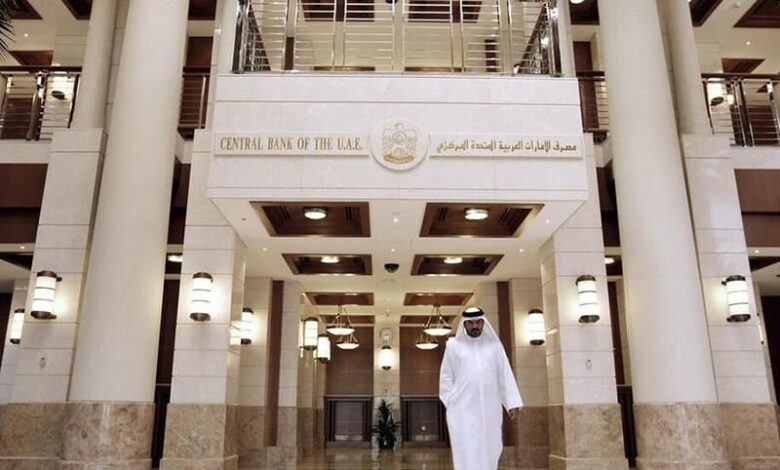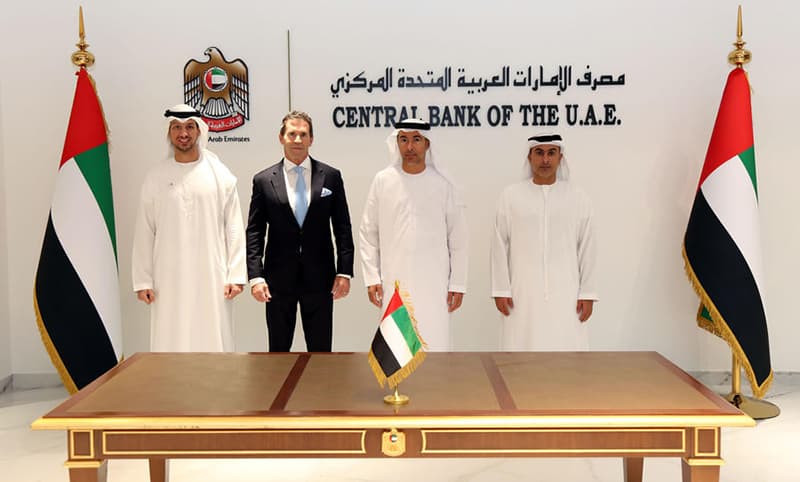
The Central Bank of the UAE (CBUAE) has signed a partnership agreement with Abu Dhabi’s G42 Cloud and digital finance service provider R3 as a major step towards implementing its Central Bank Digital Currency (CBDC) Strategy, one of the nine initiatives of the CBUAE’s Financial Infrastructure Transformation (FIT) Programme.
The CBUAE has engaged the two entities as the infrastructure and technology providers for its CBDC implementation.
Following several successful CBDC initiatives, including the 2021 Global Impact Award winner Project Aber with the Saudi Central Bank (SAMA) in 2020, which confirmed that Distributed Ledger Technology (DLT) can provide central banks with the ability to reimagine both domestic and cross-border payment systems in new ways, in addition to the significant accomplishment of the first real-value cross-border CBDC pilot under Project mBridge with the BIS Innovation Hub Centre – Hong Kong SAR, Hong Kong Monetary Authority, the Bank of Thailand, and the Digital Currency Institute of the People’s Bank of China in 2022, the CBUAE is now ready for entering into the next major milestone of the CBDC journey and implementing its CBDC Strategy. The first phase of CBUAE’s CBDC Strategy, expected to be complete over the next 12 to 15 months, comprises three major pillars: the soft launch of mBridge to facilitate real-value cross-border CBDC transactions for international trade settlement, proof-of-concept work for bilateral CBDC bridges with India, one of the UAE’s top trading partners, and finally, proof-of-concept work for domestic CBDC issuance covering wholesale and retail usage.

CBDC is a risk-free form of digital money issued and guaranteed by the central bank and serves as a secure, cost-effective, and efficient form of payment and a store of value. As part of the UAE’s digital transformation, CBDC will help address the pain points of domestic and cross-border payments, enhance financial inclusion, and the move towards a cashless society. It will further strengthen the UAE’s payment infrastructure, providing additional robust payment channels, ensuring a resilient and CBUAE Classification: Public reliable financial system. More importantly, the CBUAE aims to ensure the readiness of the UAE to integrate the payment infrastructures with the future potential tokenisation world, the tokenisation of the financial and non-financial activities.
Governor of CBUAE, Khaled Mohammed Balama, says, “CBDC is one of the initiatives as part of the CBUAE’s FIT programme, which will further position and solidify the UAE as a leading global financial hub. The launch of our CBDC strategy marks a key step in the evolution of money and payments in the country. CBDC will accelerate our digitalisation journey and promote financial inclusion. We look forward to exploring the opportunities that CBDC will bring to the wider economy and society.”





